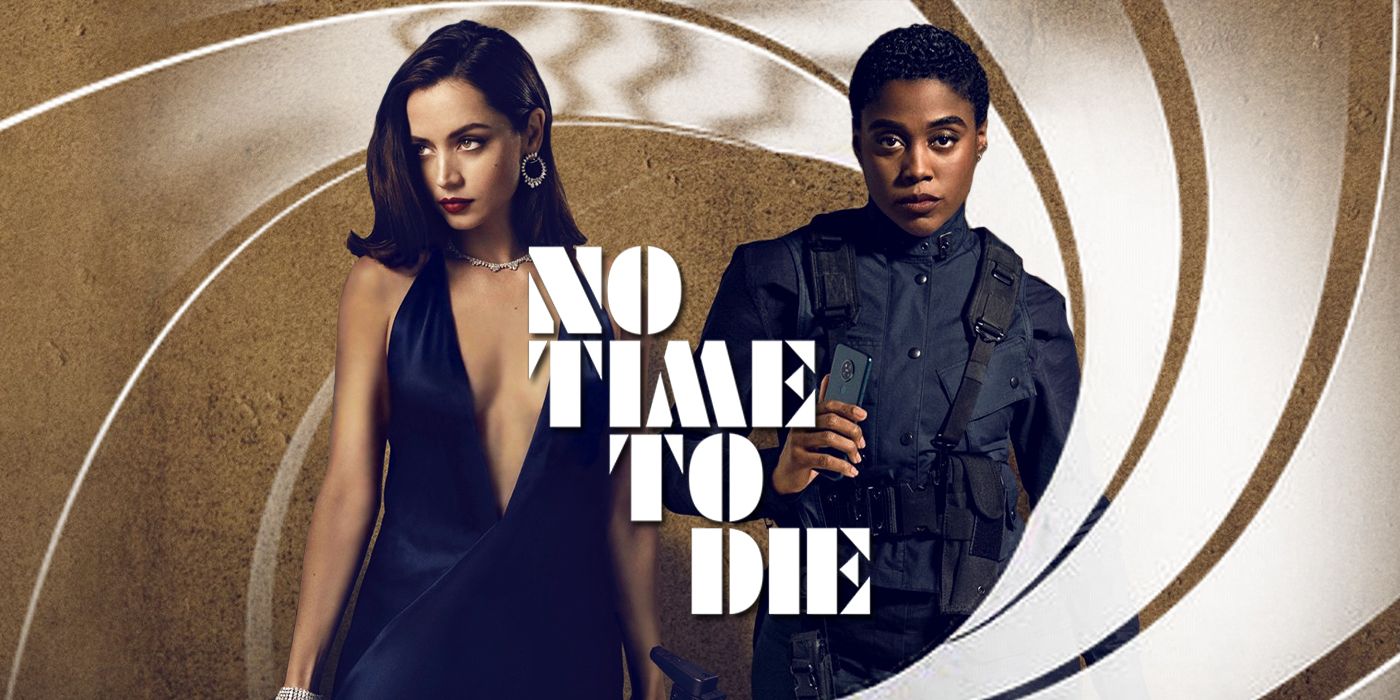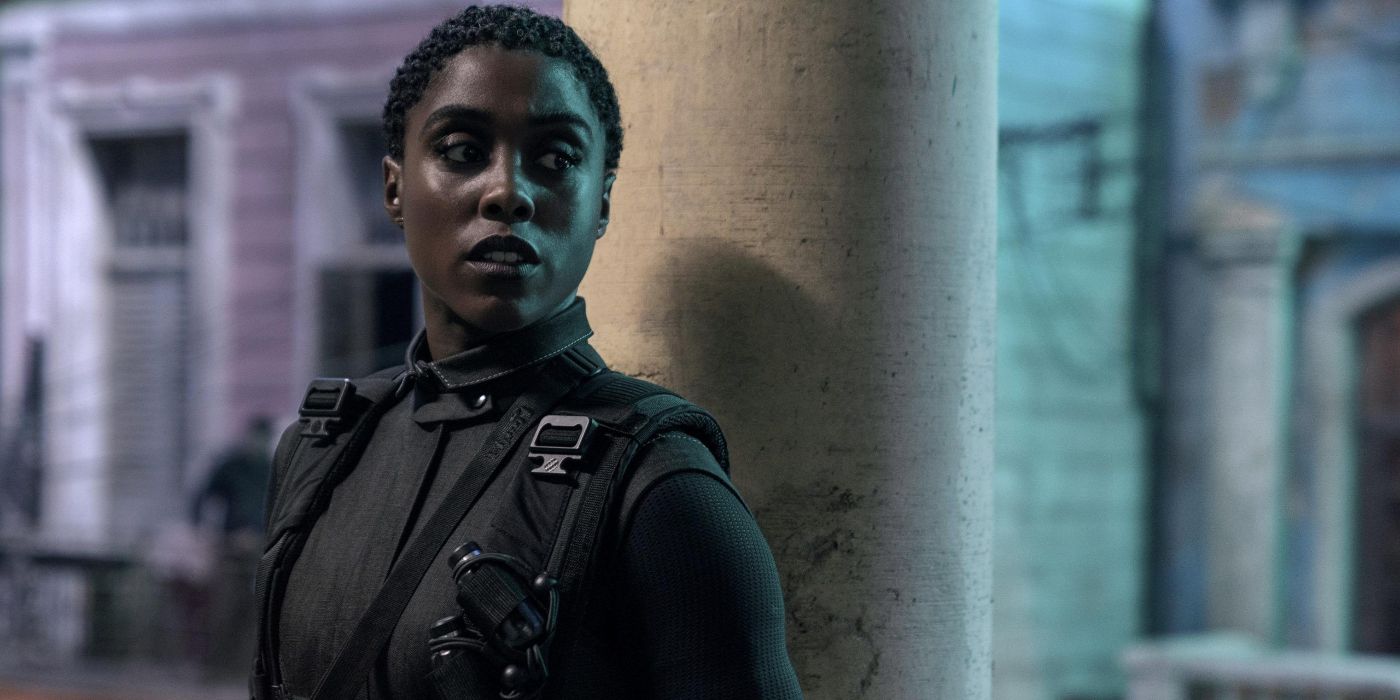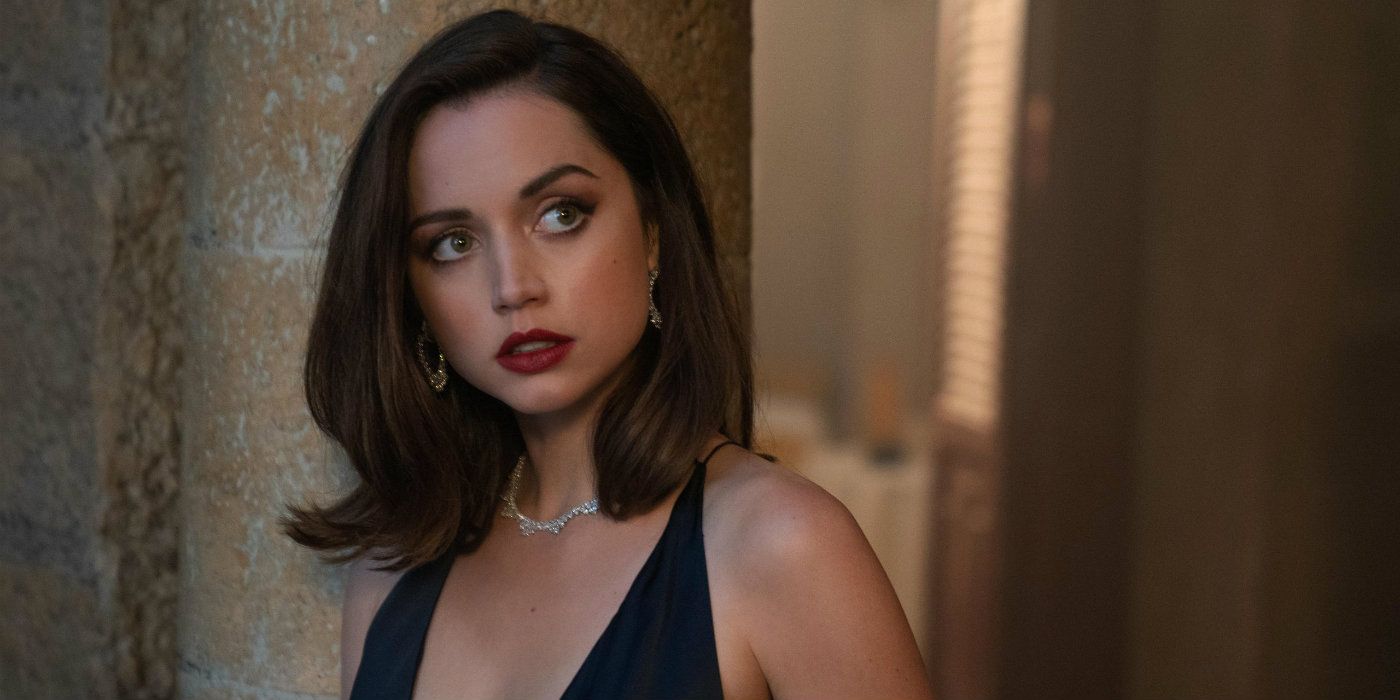Editor's note: The following contains spoilers for No Time to Die.
James Bond has two younger secret agents to contend with in No Time to Die, Daniel Craig's send-off to the role. His sub-franchise has always been obsessed with continuity and legacy, with much of No Time to Die's emotional explorations centered around fathers and daughters and the joys and dangers of transferring anything.
When it comes to transferring the actual mantle of "James Bond," even though the film itself shows us how "007" has already been transferred, producers have expressed that they will take a breath before official decisions or announcements are made. But the film — the climax of Craig's run, the apotheosis of "legacy" as a theme — offers up a couple of ideas as to where the franchise could go next, even if the literal actors used to portray those ideas don't end up with the role.
Tonally speaking, these two younger secret agents give us a glimpse into what future Bond movies could look like, and how fans of the Craig take on the character (symbolized by Craig himself) could react. And one of them works better than the other.
Nomi (Lashana Lynch) is the film's new 007, a title assigned to her by MI6 after Bond retired prior to the film's start. As such, the idea of her "replacing James Bond" is purposefully evoked and explored within the film's text. When she shows up to infiltrate Bond's Jamaican hideaway to disseminate intel on Project Heracles and convince Bond to enter the field once more, we get a sense of what her version of 007 is like.
And her 007 is, well, a lot like Craig's. While she enters his space with a bit of canny, charismatic subterfuge, pretending to seduce Bond with a kind of affected swagger and patois, once her true identity is revealed, the hammer drops. Nomi is rather severe, clenched up, and bamboozled by the pressures and responsibilities of high-stakes espionage work. She frowns, scoffs, glowers, and muscles her way through many of her scenes, pulverizing her eventual action set pieces with a kind of gutturally-pleasing brute force. Speaking on her performance strategies for playing the new 007, Lynch said that she "wanted to throw a human spin on it—to deal with anxiety and be someone who's figuring it out, completely on her toes." I would argue this is a near-identical thesis statement to what the Daniel Craig Bond films have been trying to do from Casino Royale onward.
Granted, much of this conflict comes from the film's positioning of Bond and Nomi as reluctant allies, or even Jim/Dwight-esque workplace rivals. The film plays their bickering and passive-aggressive displays of earned power for laughs, but it does underline a central tension asked: How would the world feel if the next James Bond felt a lot like the last James Bond? Do we like what Craig's doing in the role so much that James Bond, or 007, or whatever they dub the franchise moving forward has now been inextricably changed? Or as we see with these two characters, will there be some friction needing some getting used to if this similar path is trodded once again? Eventually, these two agents find a mutual, if still somewhat begrudging, respect for one another. I dug what Lynch was doing as an actor and what Nomi was doing as a character, but even in these moments, I couldn't help but react with this kind of pursed, conscripted, resigned smile of respect.
Paloma (Ana de Armas) is an agent of an entirely different stripe; when describing her performance strategies, she called the character "bubbly" and "irresponsible," two adjectives I would place on the opposite ends of the earth from Craig's work as Bond. She's a CIA agent assisting Bond on the infiltration of a Spectre meeting/birthday party, and canonically, this is one of her very first field missions. Thus, her work is, indeed, bubbly and irresponsible. She expresses incredulity at every facet of the mission, either with a broad smile when things go her way or a smudged frown when something goes haywire. She exhibits an inherent kind of joy at every step, a kind of glee and bravado even among (or perhaps trying to hide) her nerves.
And she is, I must iterate, wholly competent. Paloma doesn't step into Frank Drebin or Johnny English territory; when she needs to do spy shit, she does it very well, dispatching some Spectre goons with a thrillingly choreographed bit of hand-to-hand combat, all in her glamorous black dress. Every time Craig has to don a tux or fulfill some other kind of obligatory "stylish Bond trope," I feel that obligatoriness in every crag of his body, including at the beginning of this sequence, and I feel that obligatoriness to be a purposeful choice, not an actor letting his personal feelings get in the way. But something curious happens to Craig when he's put in the same room as someone who runs wholeheartedly but oppositionally into these kinds of scenes: He smiles. Brightly, broadly. He shakes Paloma's hand warmly and tells her, "You did excellent work," like a father watching his child ride a bike for the first time. "So did you," is Paloma's goofy, disarming reply; a more authentic moment of mutual respect shared.
Paloma struggles at being a spy, just like Bond and Nomi do, but it's projected outward in a different space. If Craig/Lynch show us the horrors of deconstruction, de Armas shows us the fun. Her sequence doesn't hearken to the overcooked silliness of a Roger Moore Bond film, as it's still rife with a kind of self-aware vulnerability and lack of internal confidence missing from the pre-Craig era. But it doesn't use these qualities to torture itself. It takes a big swig of booze and rushes forward with unchecked, spontaneous, and wholly entertaining fun.
If the architects of future James Bond/007 films want a surprising, successful tone to redefine, they would do well to take advice from their star's visible mirth and spin-kick their way into this happier zone of exploration by way of delight. We're in a post-Paloma world, now.



